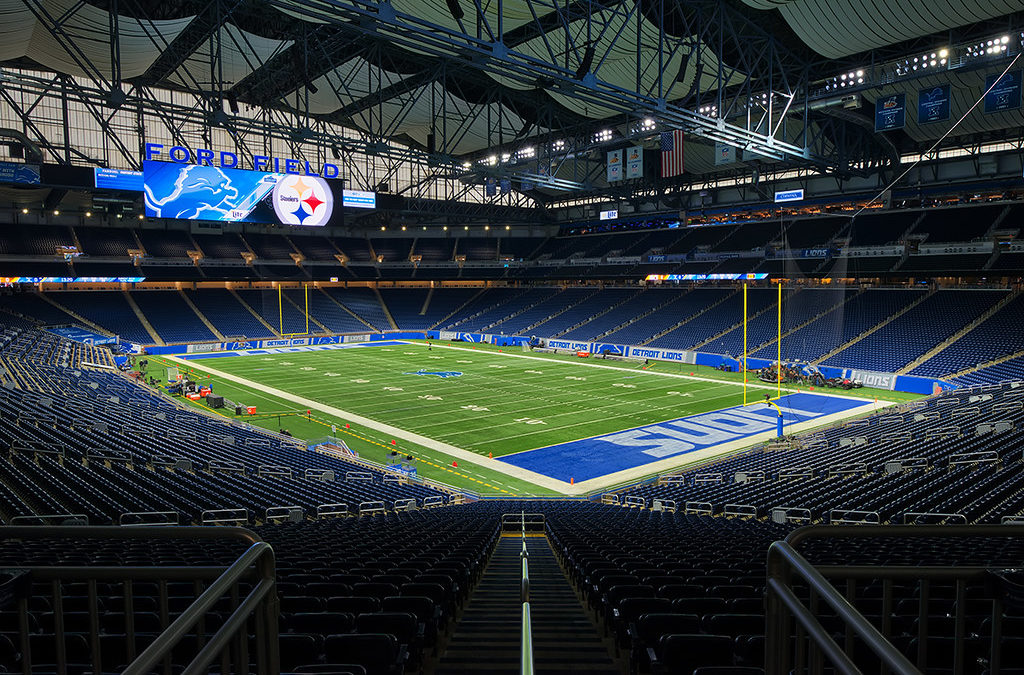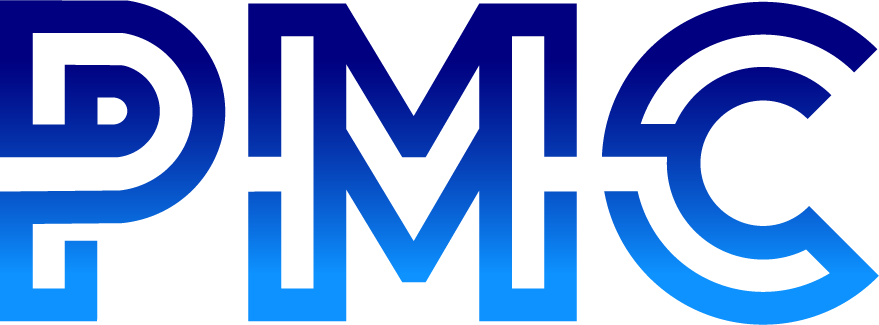PMC Case Study | Simulation Model of a Bottling Line
PROJECT SUMMARY
A major producer of baby-food products desired additional information about their existing bottling system and recommendations to improve production efficiency. To meet the client’s goals, PMC first simulated the existing design and then modeled several different scenarios to optimize system throughput.
SYSTEM DESCRIPTION
The bottling system consisted of the following: Glass Depalletizer, Optical Scanner, Accumulation Table, Filler, Capper, Coder, Tray Packer, Case Palletizer, Labelers and a system of conveyors.
OPPORTUNITY
A new bottling system’s design called for the linking of the best equipment and technology that the company had available. However, this linkage did not exist or might have been inefficient and being run over capacity.
APPROACH
The main objective of the study was to understand the behavior of existing bottling systems and to assist in designing new and efficient ones. This was achieved by:
• Identifying bottlenecks and determining the level of resources necessary to maintain production targets.
• Providing accurate, objective, quantitative information to refine the process and increase productivity.
• Developing a control strategy for the system by understanding its logical operation.
SOLUTION
First, a base model operating under original specifications and parameters was developed for evaluation. Then, alternative scenarios and suggested system improvements were modeled and evaluated to determine the line configuration that would optimize system throughput.
BENEFIT
The process simulation allowed engineers to test the system and identify inefficiencies. This study led to the most effective system configuration by quantifying the effect of changes to the system.



